Industrial washing / Articles
Removing fat: How to do it practically
Removing fat is an especially challenging task in an industrial setting. However, there are ways to do it effectively and effortlessly. Find out how.
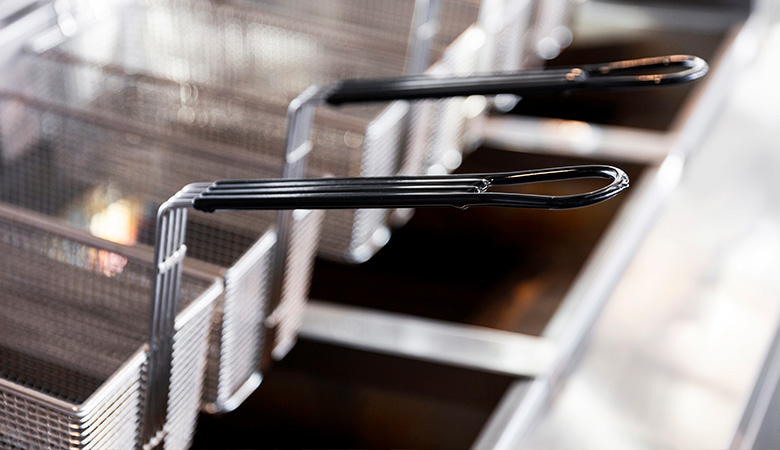
 7 minutes of reading
7 minutes of reading
2023-06-01 11:31:55
Removing fat is an essential process to prevent the spread of foodborne illnesses and avoid life-threatening situations. Contrary to what it may seem, removing grease can be easy and simple, especially if you have the right equipment. Discover 8 tips to it pratically.
1. Use hot water
Hot water helps loosen and dissolve grease from surfaces, making it much easier to remove. High temperatures dissociate grease molecules and increase the effectiveness of grease-removing products. When combined with suitable detergents or degreasers, hot water makes fat emulsify more quickly. This means less water and detergent consumption when degreasing.
Additionally, hot water also has natural disinfectant properties. When used to remove grease, it helps eliminate bacteria and other microorganisms present on surfaces. This is especially useful in areas where fat accumulates, and which become breeding grounds for bacteria. Generally, the recommended temperature for removing grease from surfaces in an industrial context is around 50 ºC to 60 °C, but this can vary according to the type of surface and the degreasing product used.
2. Choose degreasing products with the right pH
It is important to choose degreasing products with the right pH, key for product effectiveness and to avoid damaging the surfaces. Follow the manufacturer’s instructions carefully to ensure cleaning effectiveness and employee safety.
Products with a neutral pH (between 6 and 8) are suitable for removing small particles of grease from surfaces daily. Products with an alkaline pH (above 7) are recommended for removing heavy and resistant grease. Products with an acid pH (below 7) are usually not effective for removing grease but are suitable for cleaning surfaces that contain mineral deposits.
3. Test the degreaser
Testing a degreaser on a small area is essential to confirm its effectiveness before using it on a larger scale. Try out the options available on the market and see which one best meets your needs.
Choose the one that requires the least manual or mechanical effort, acts the fastest, and is least harmful to the object or surface to degrease. This saves time and resources, while ensuring that the product is effective, non-damaging and safe for users.
4. Use specialized equipment
Use specialized washing equipment to remove tough grease. For example, the MultiWasher is an industrial washer designed to degrease large volumes of utensils through an effective combination of hot water, pressure, and chemicals.
In addition, using specialized equipment reduces the time and effort needed to remove grease from utensils, which translates into greater cleaning efficiency. This is the case with the MultiWasher, a state-of-the-art industrial washing machine, an appliance prepared to remove grease from any type of utensils such as molds, trays, pans and boxes, for instance, with maximum energy efficiency.
This is even more essential for utensils that are particularly difficult to wash, but which must comply with strict hygiene criteria. This is the case with pallets, trolleys and containers, whose large dimensions and difficult access points can be challenging. However, the MultiWasher cleans these utensils, whatever their size and how dirty they are, bringing the washing process to perfection and freeing up resources for higher value-added tasks.
5. Wash regularly
Regular washing is especially important in the industrial context to prevent the accumulation of grease over time, and prevent the growth of bacteria and other microorganisms that are harmful to human health. In addition, it also helps to reduce the risk of accidents and fires, since grease can become flammable when heated to high temperatures.
One way to ensure regular cleaning is to establish a detailed schedule that includes daily, weekly, and monthly cleaning, depending on the type of equipment or surface. This also helps to identify maintenance problems early and to avoid unwanted interruptions in production.
6. Train your staff
Make sure staff members know how to use degreaser and learn the correct cleaning techniques. In cases of heavy industrial grease, it is important to follow safety standards and procedures for effective removal. In addition, employees should learn how to store products safely and how to identify hazards in their work environment.
This step can be implemented with specialized training sessions that include practical demonstrations and supporting documents, to be easily consulted in case of need.
7. Identify and remove sources of fat
Effective grease removal involves not only cleaning but also prevention. In other words, it is important to identify sources of grease and take steps to reduce them as much as possible. For example, you can use non-stick materials, grease filters or grease traps, and control leaks.
The less grease produced, the less there is to remove. This step also reduces the need for cleaning and maintaining equipment while minimizing the risk of accidents, fires, and other problems related to the accumulation of grease.
8. Make regular inspections
Regular inspections help to identify and correct any problems before they become critical and affect product safety and quality. It is important to assess the condition of surfaces and equipment to identify accumulated grease and other residues. In this way, you can act immediately before the grease builds up in excess and becomes difficult to remove.
Regular inspections can also help to identify flaws in production that could be the cause of grease build-up, such as excessive use of oils or improper temperature during cooking or food processing. In addition, this control helps to ensure that cleaning procedures are being carried out correctly and with the appropriate frequency.
Somengil, your best ally to remove grease
Technology makes grease removal easier, more effective, and efficient. With the MultiWasher you can remove grease from any type of utensil, flawlessly and effortlessly. In addition, it also ensures that official hygiene and safety recommendations are being met, thus playing an important role in public health. Schedule a webinar to see this machine in action and see the impact it will have on your cleaning results. Contact us and bring your cleaning and sanitizing processes to perfection.
You may also like
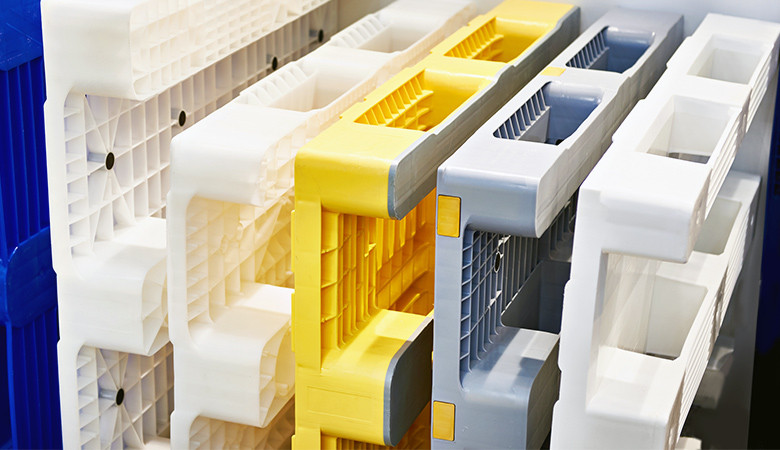
Industrial washing / Articles
Pallet washer machines: the essential guide
Discover everything you need to know about pallet washer machines – what they are, their advantages, how they work, and tips for choosing the rig...
Posted in 2024-10-10

Industrial washing / Articles
Mean Time to Repair: what is it and how to measure it
Learn how Mean Time to Repair (MTTR) reveals recovery blockages and helps reduce downtime in industrial operations.
Posted in 2025-12-19
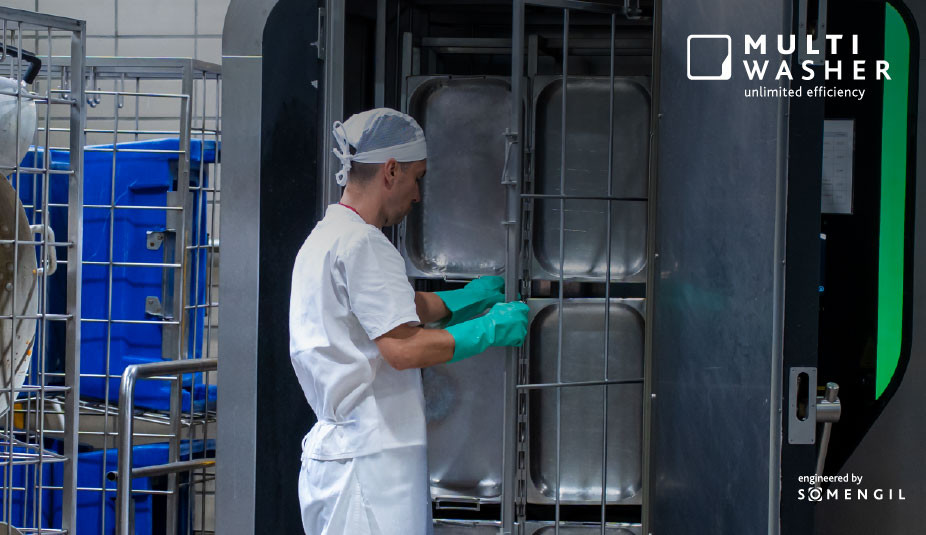
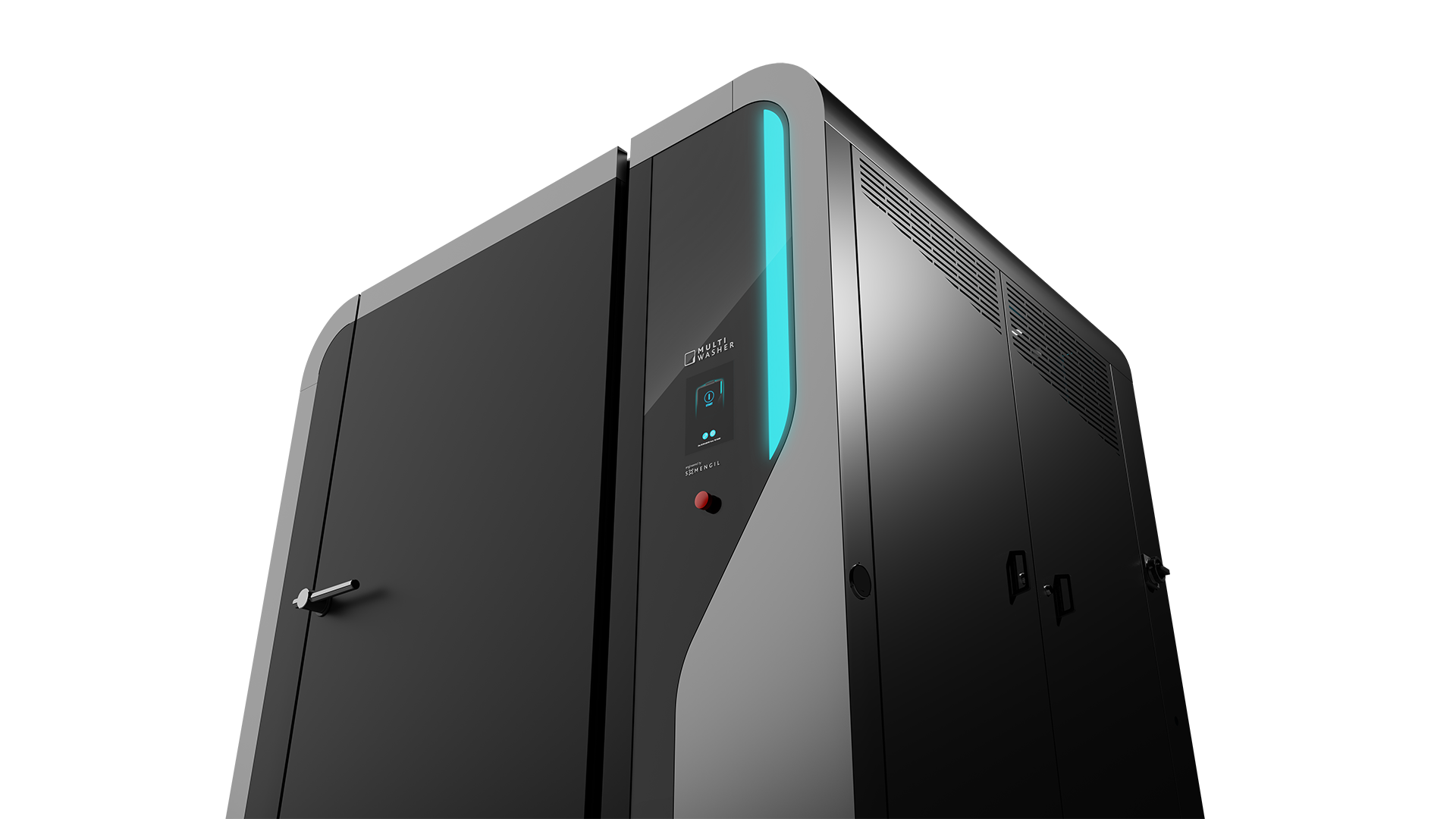
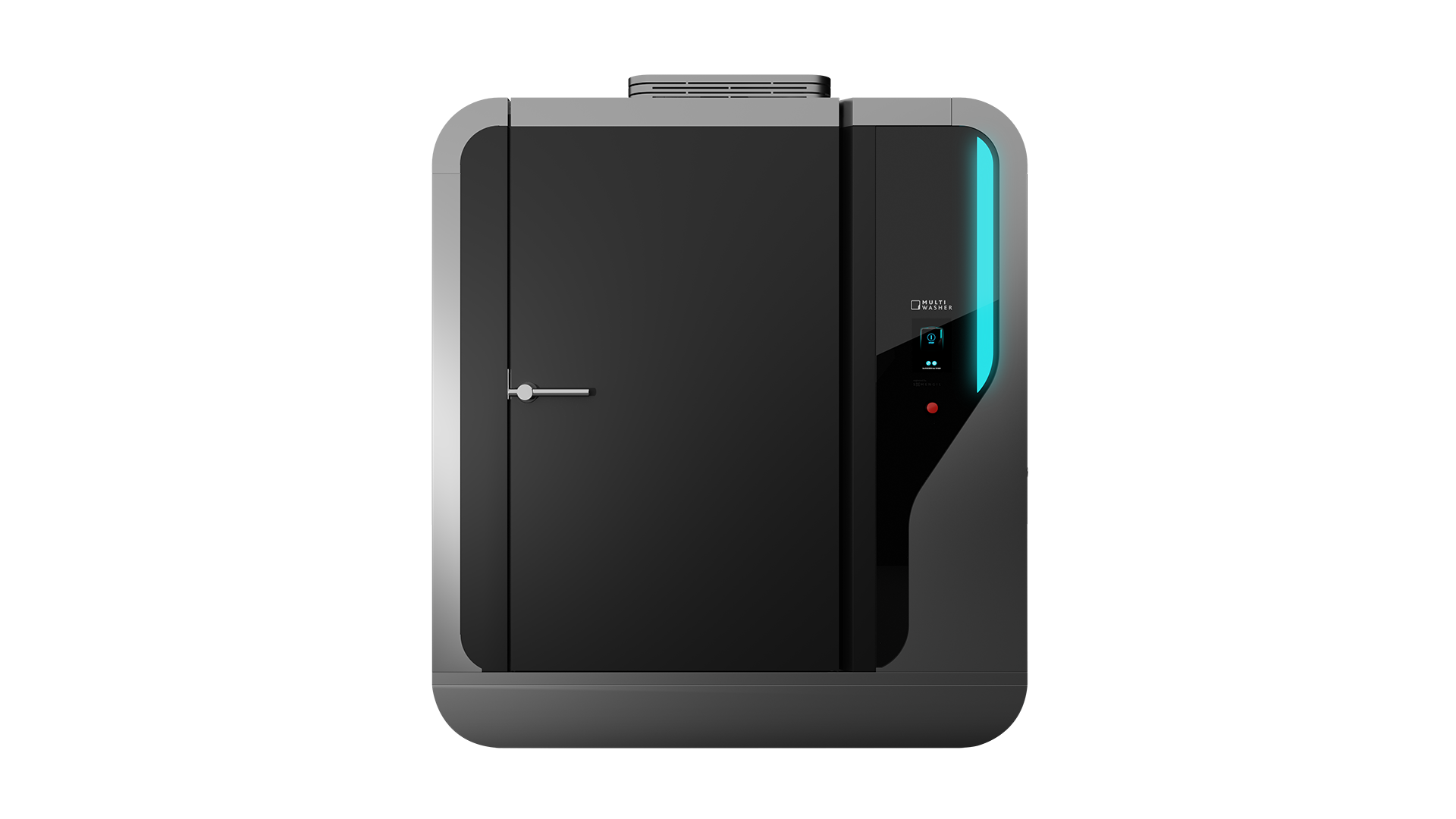
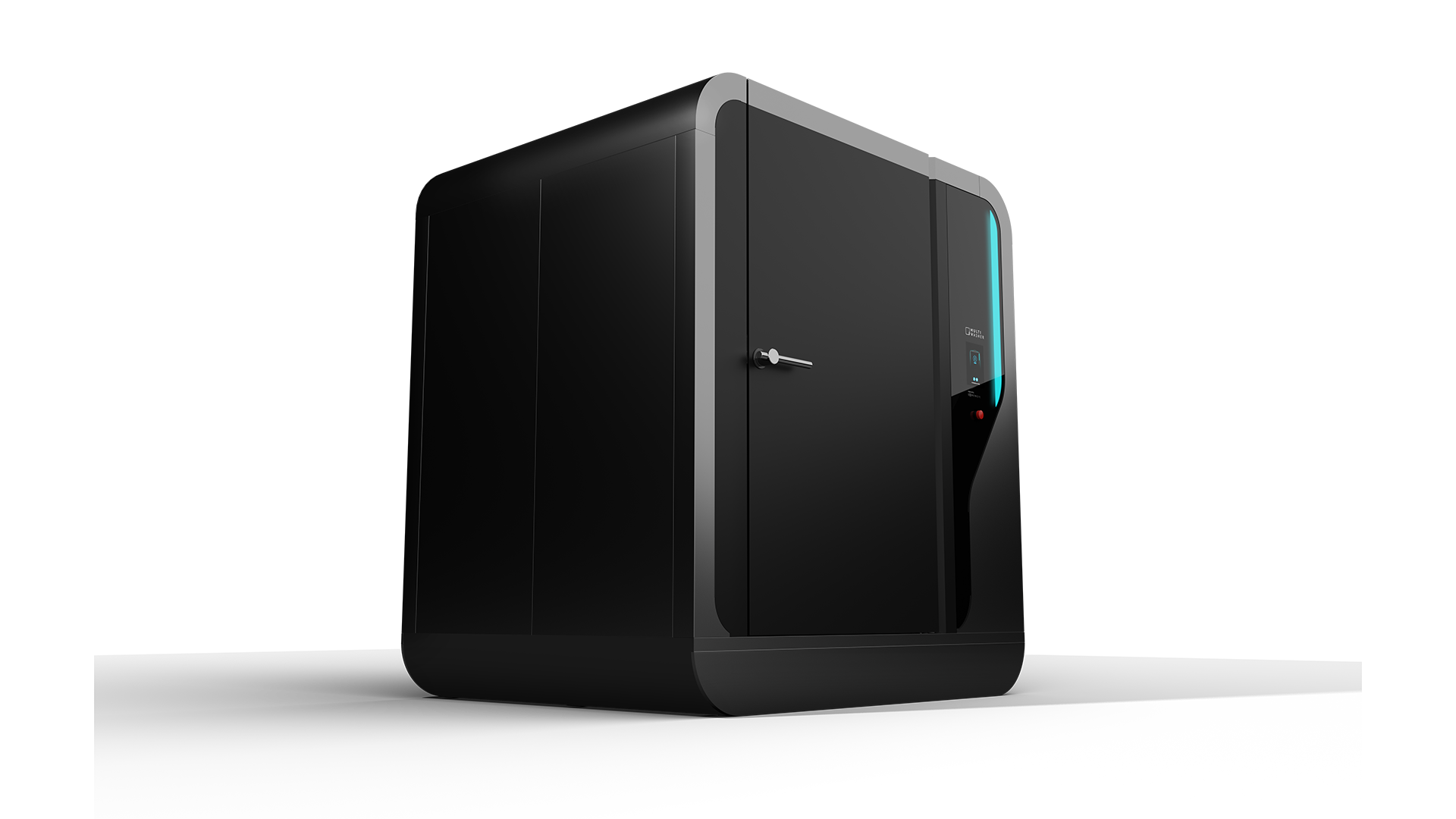
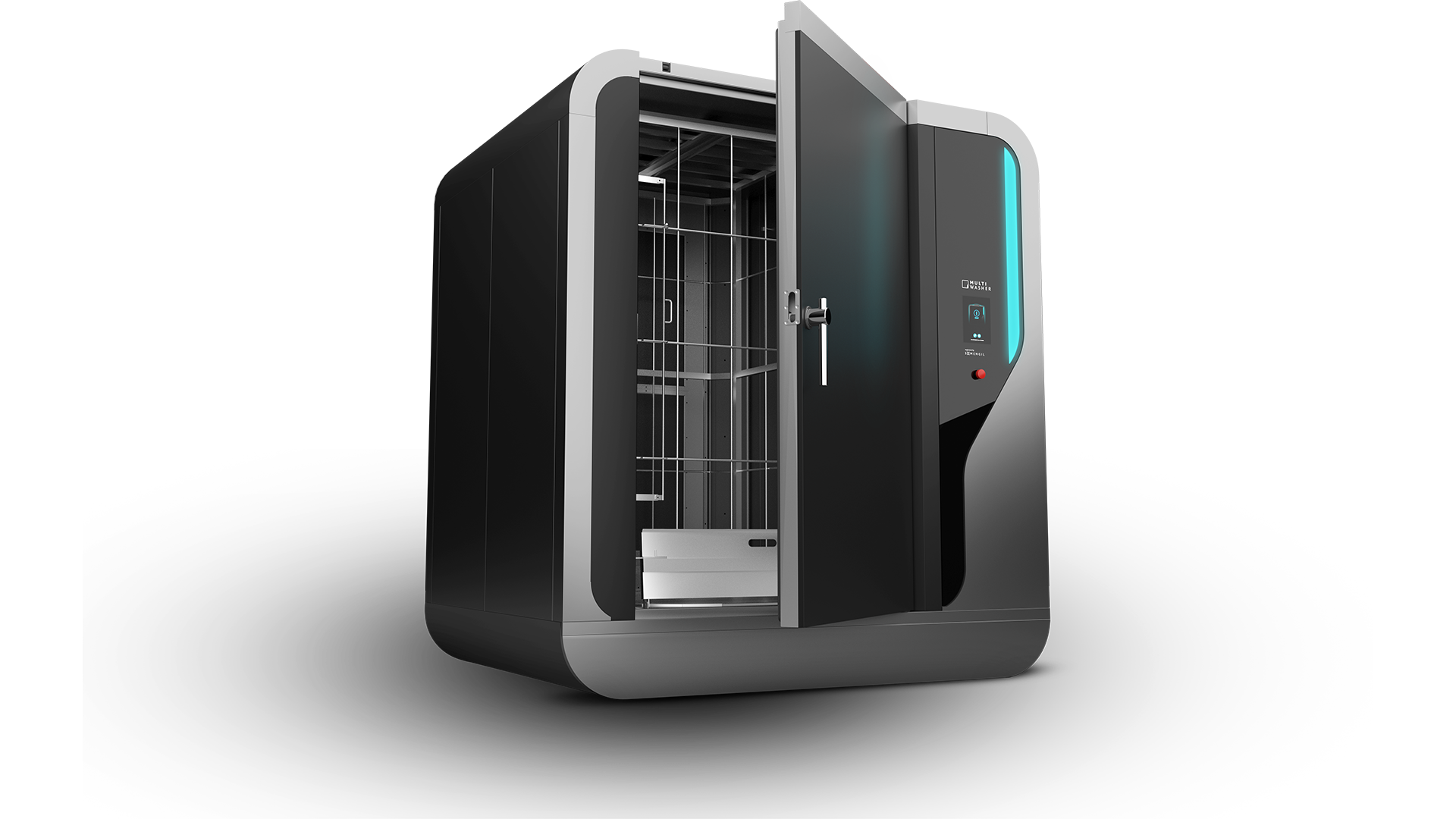
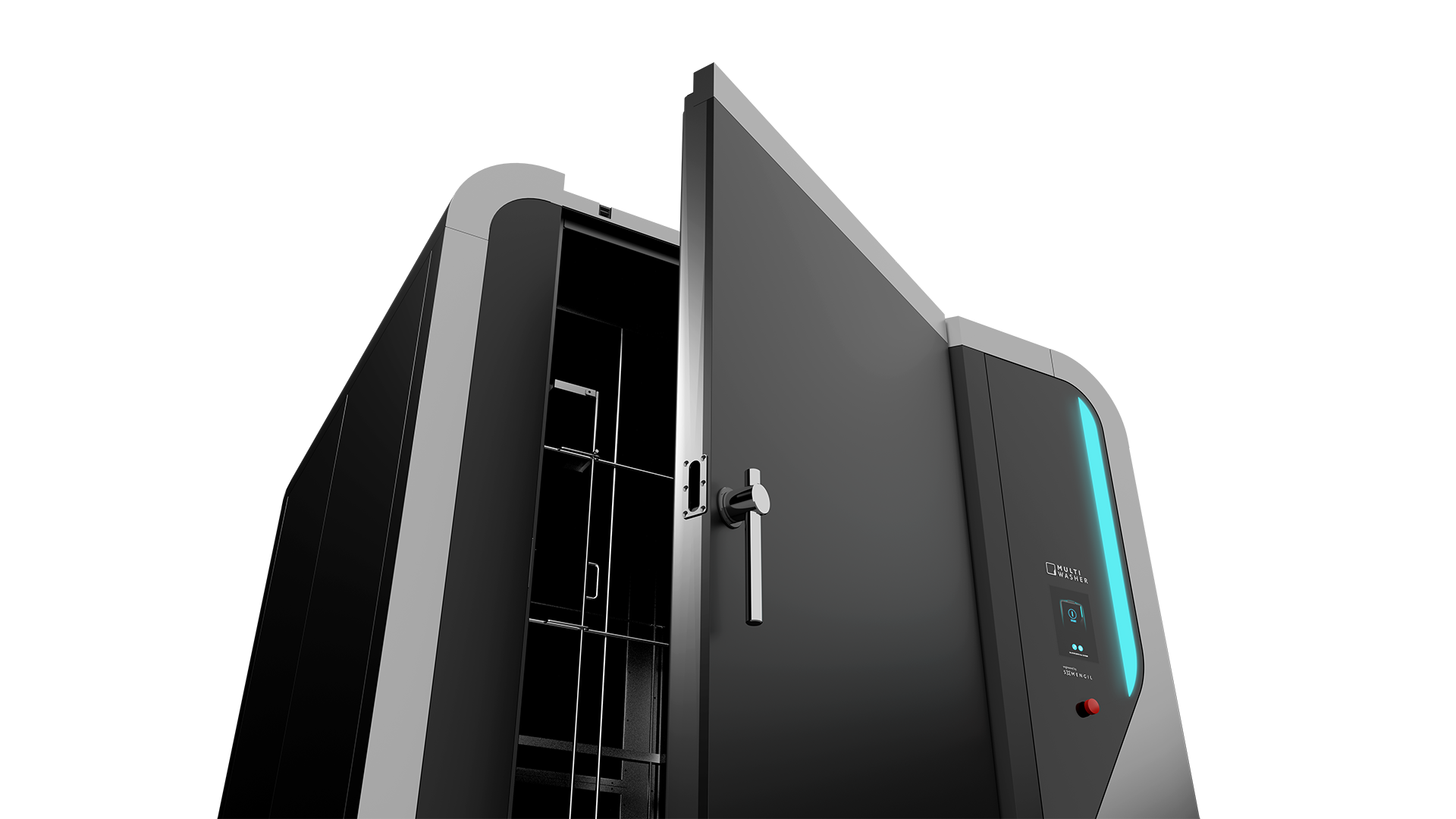
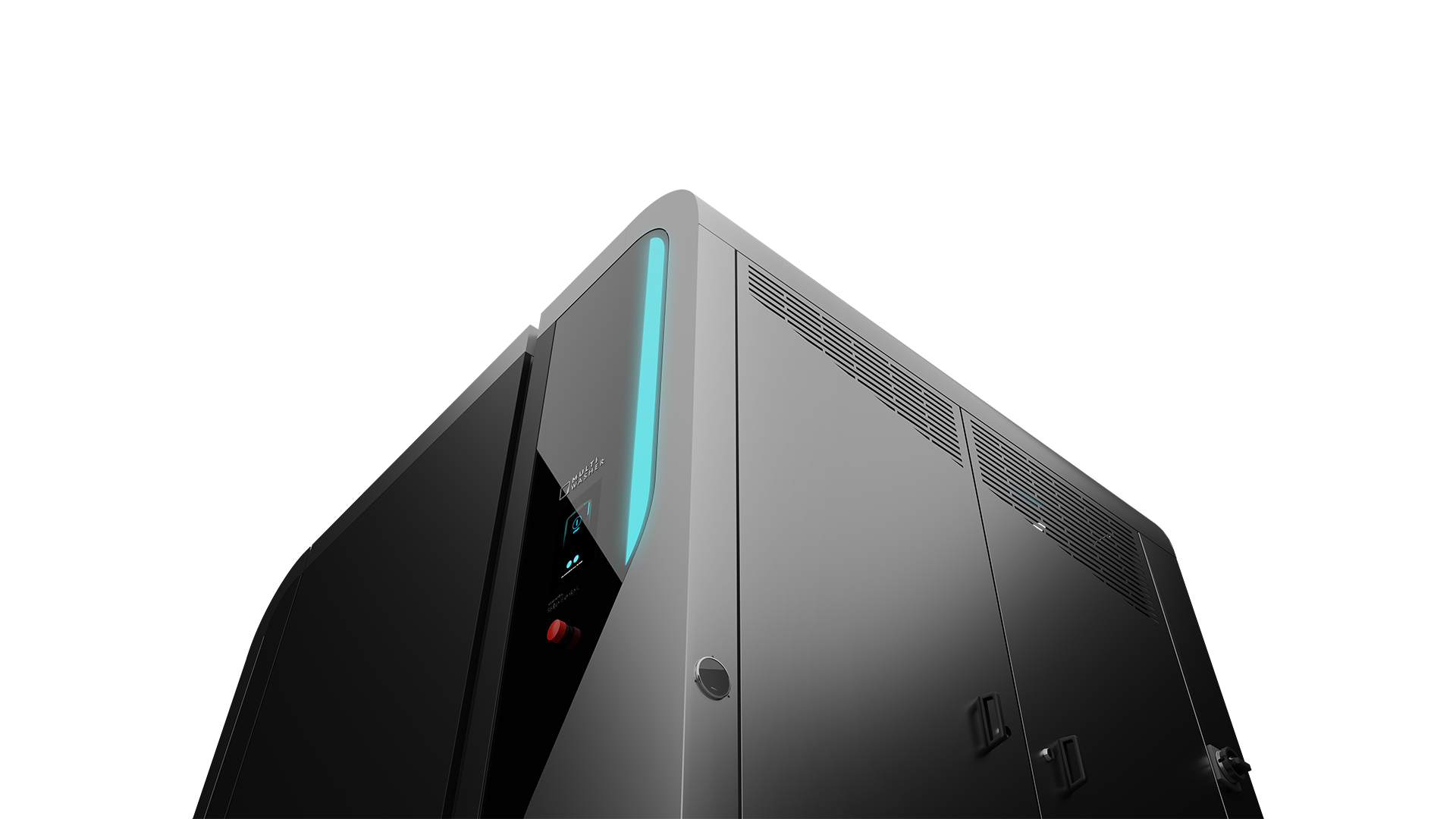
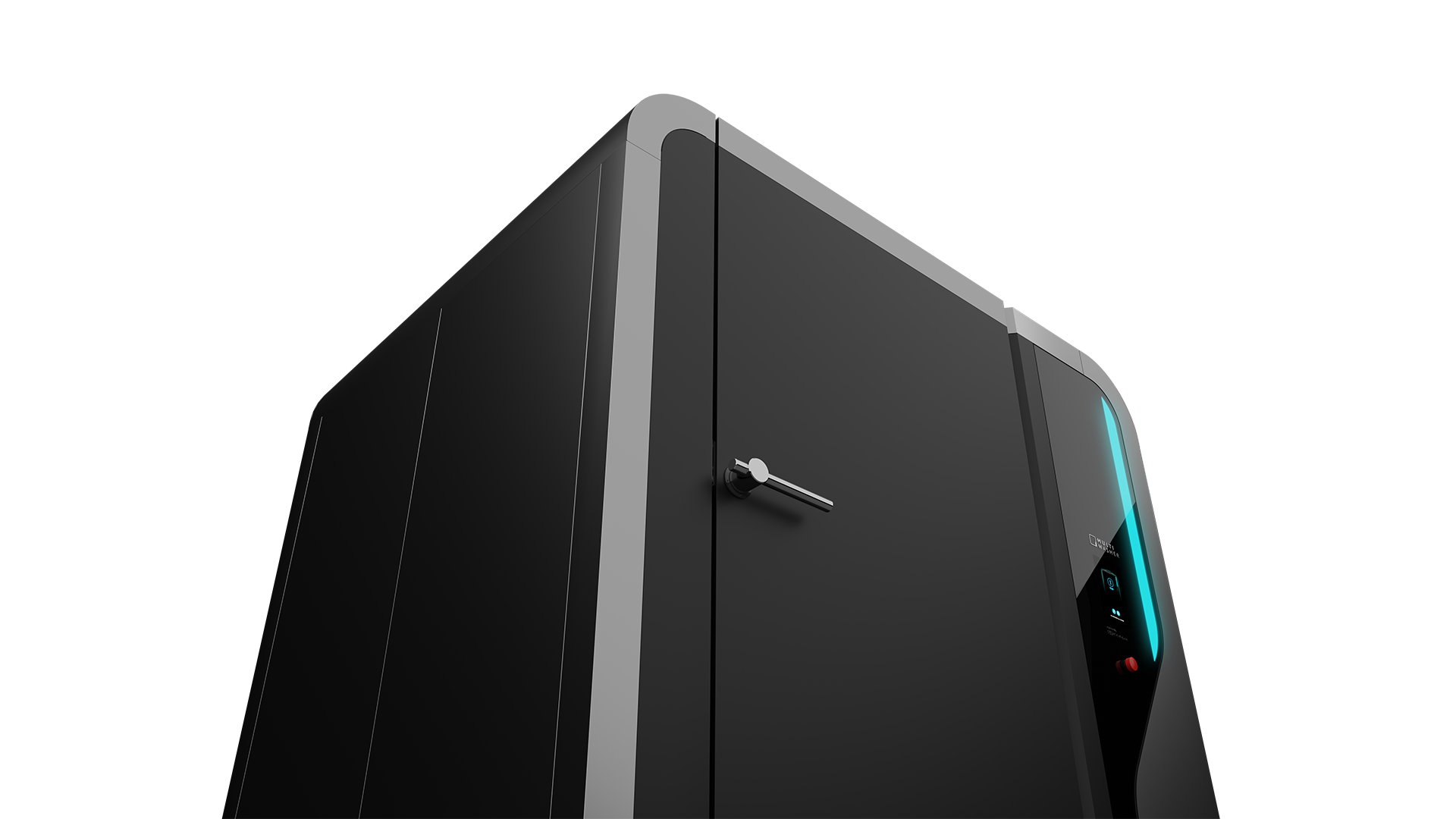
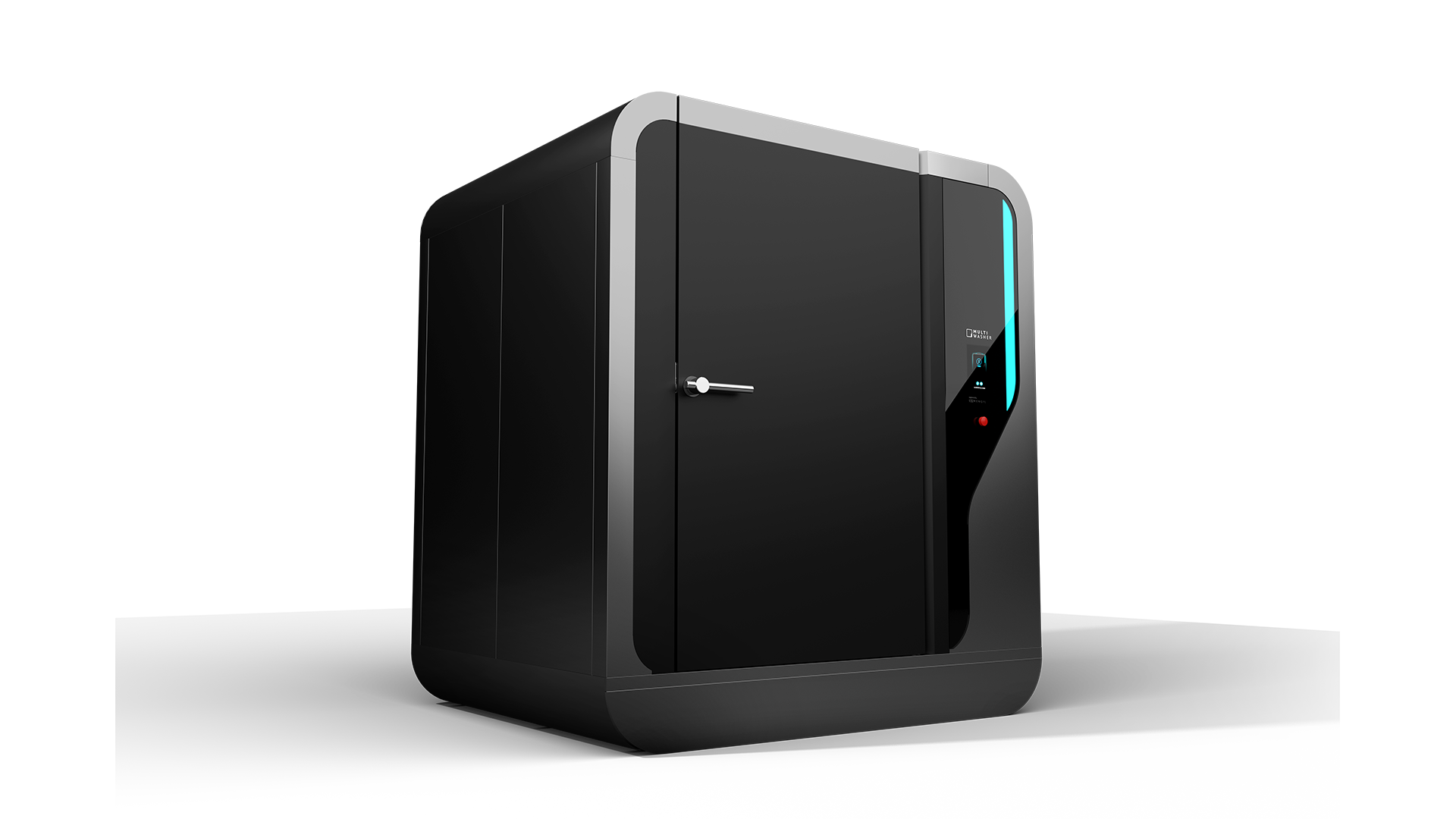
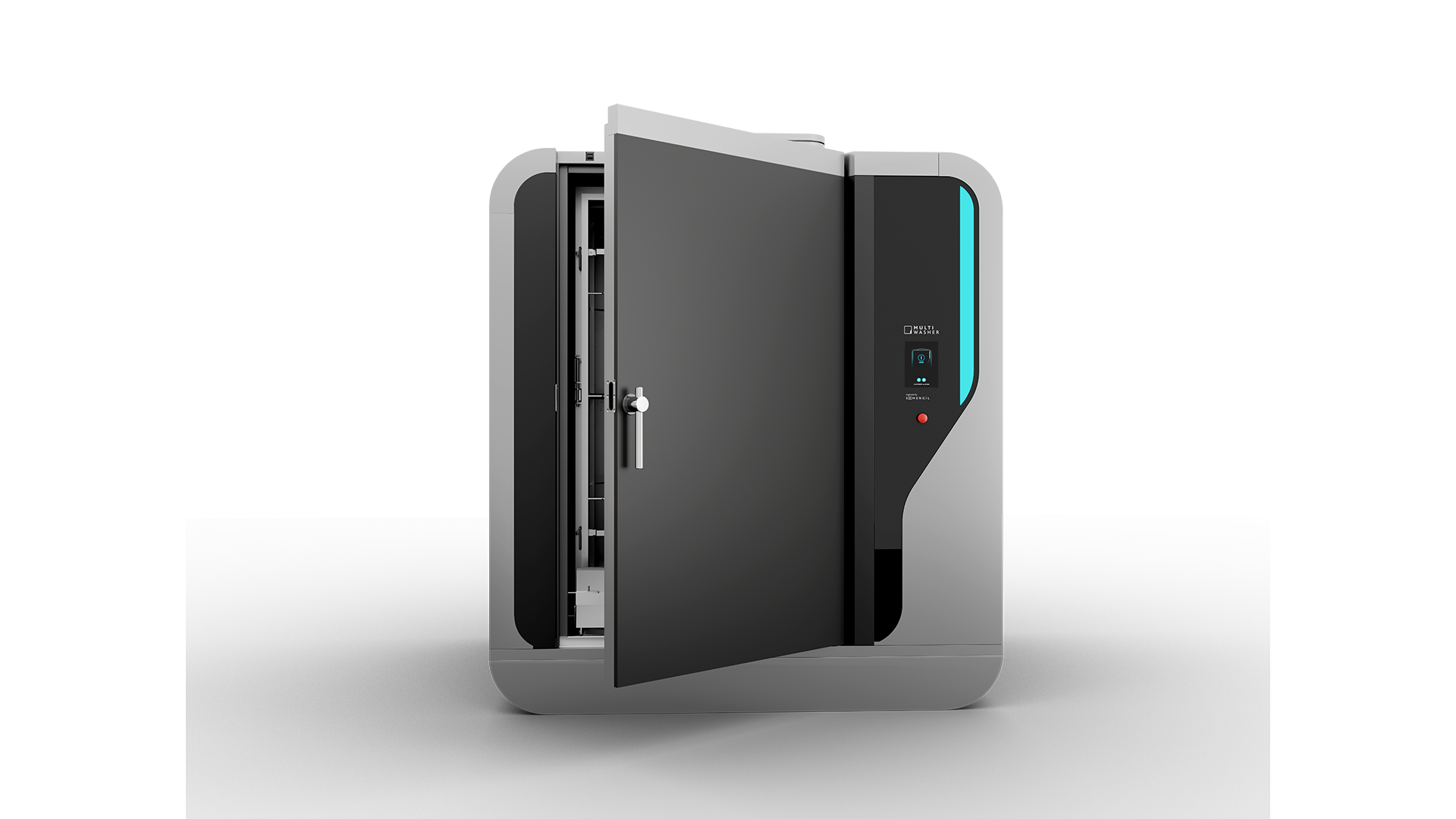
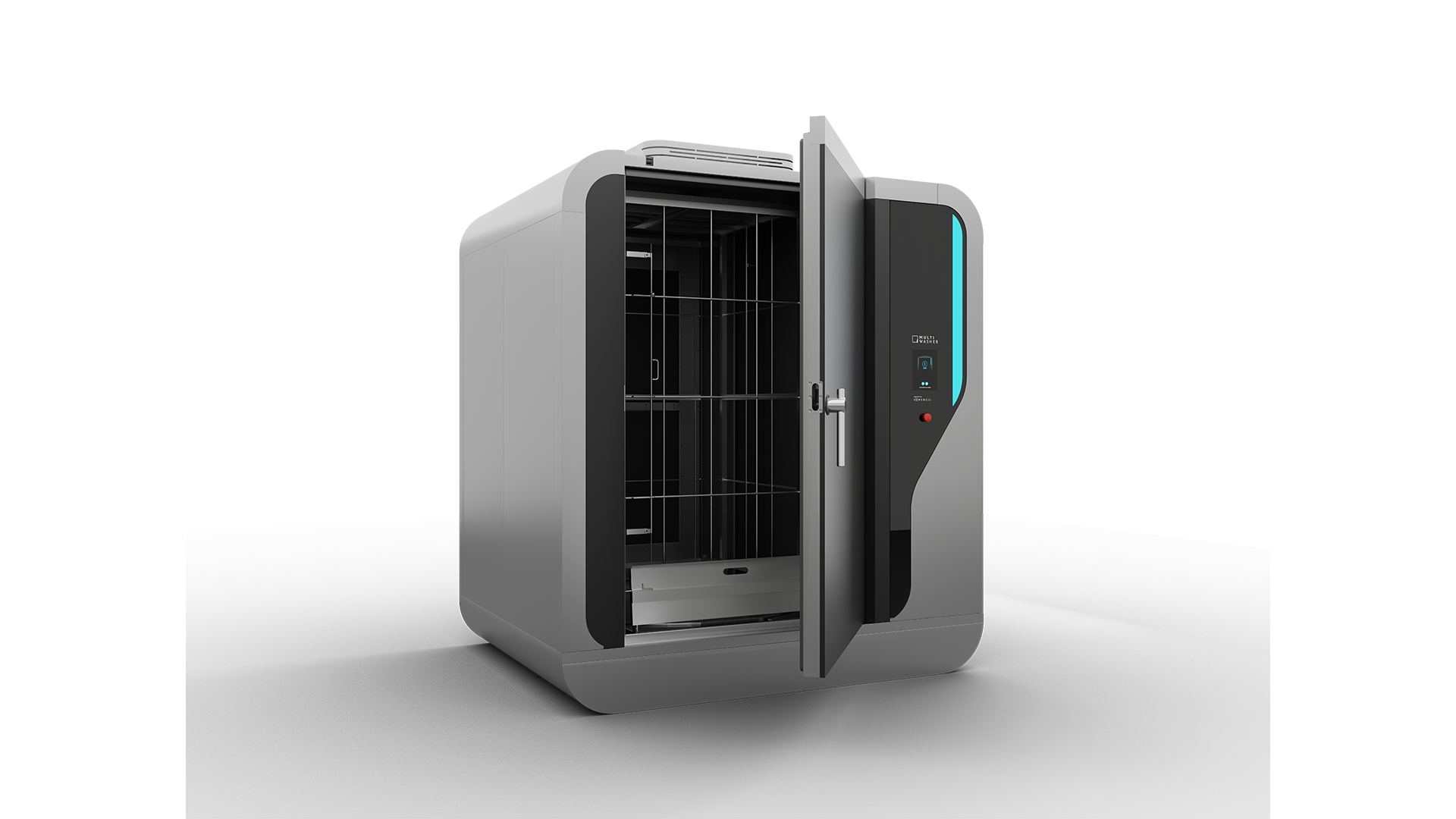
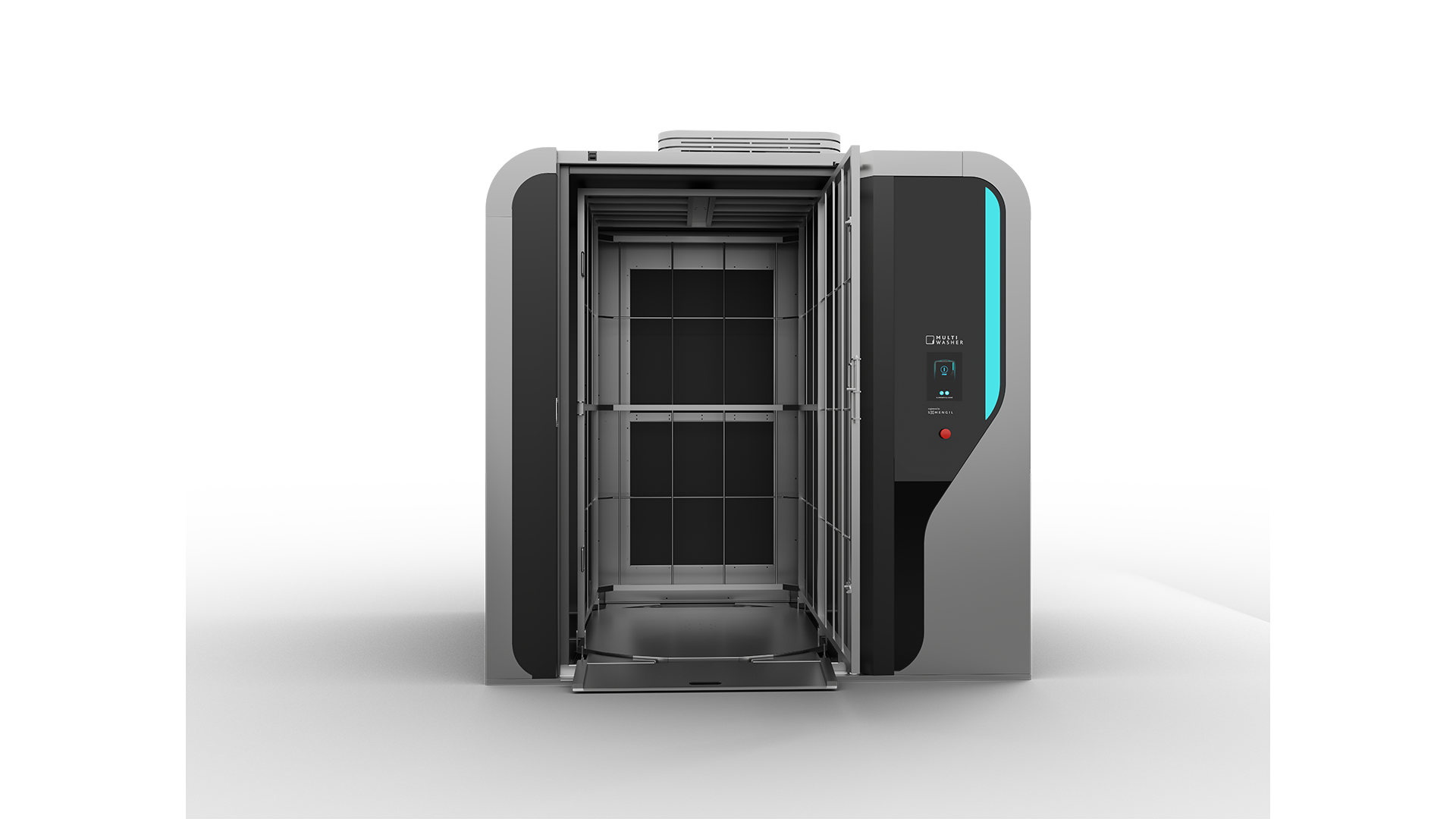
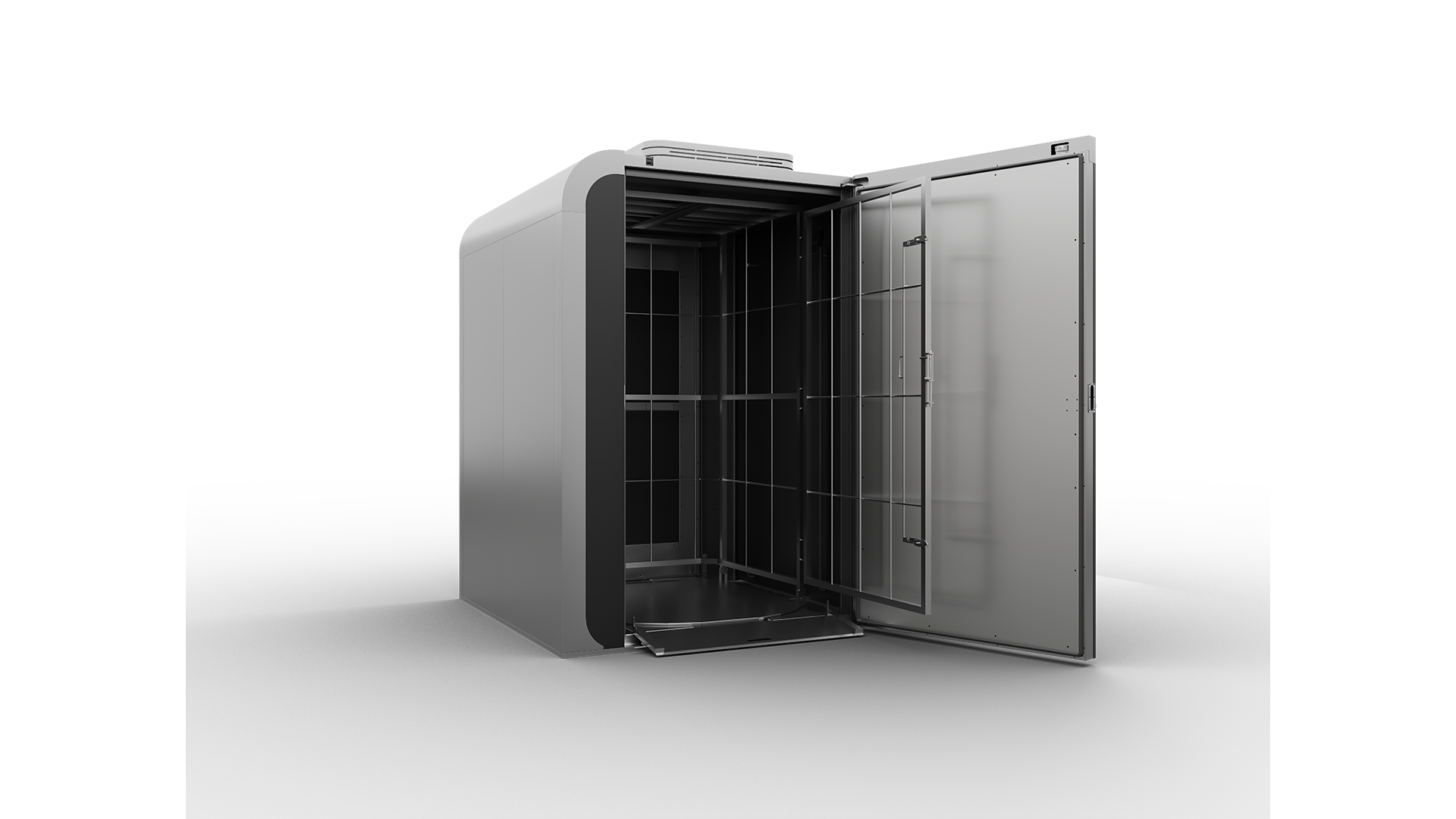
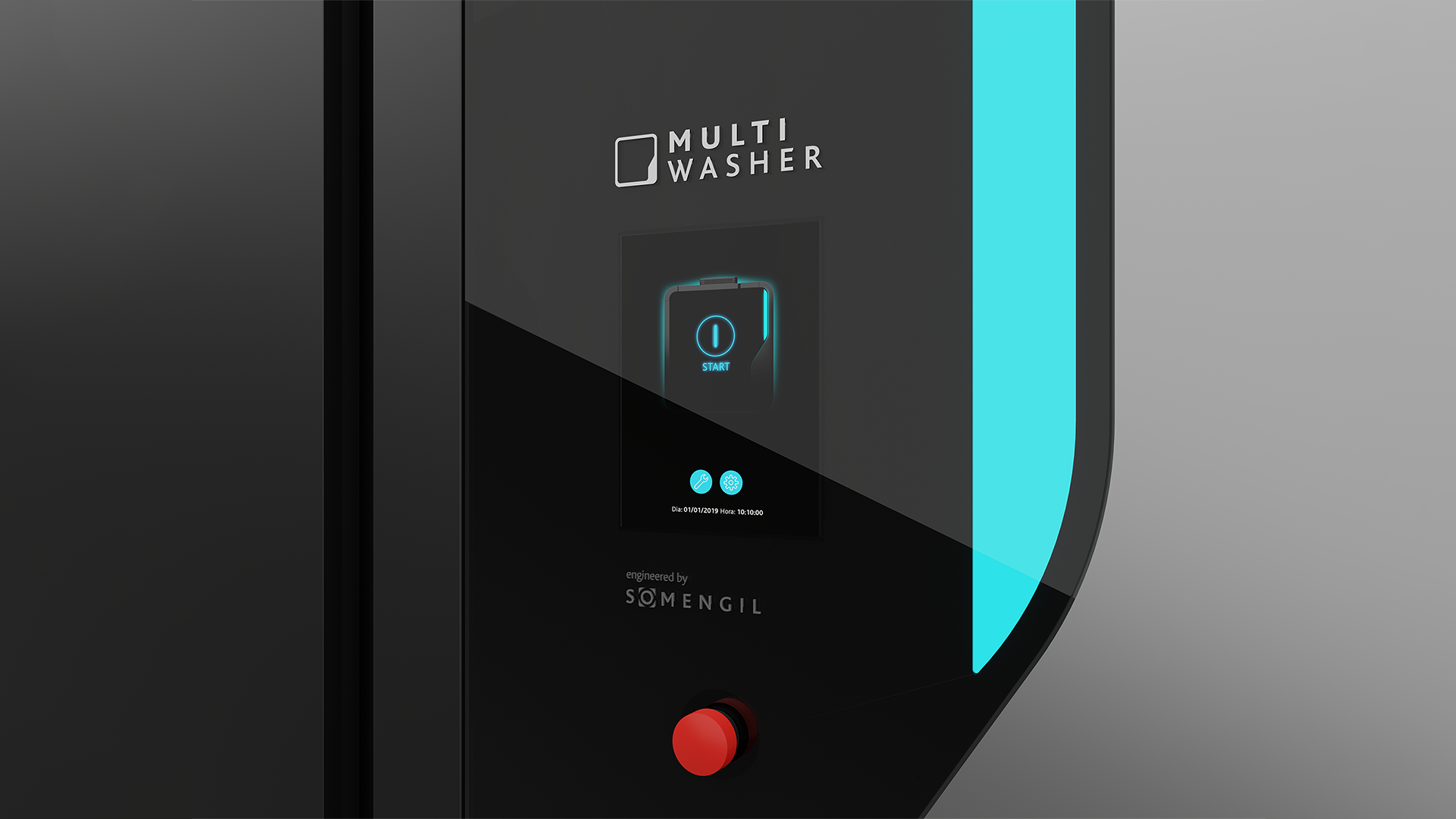
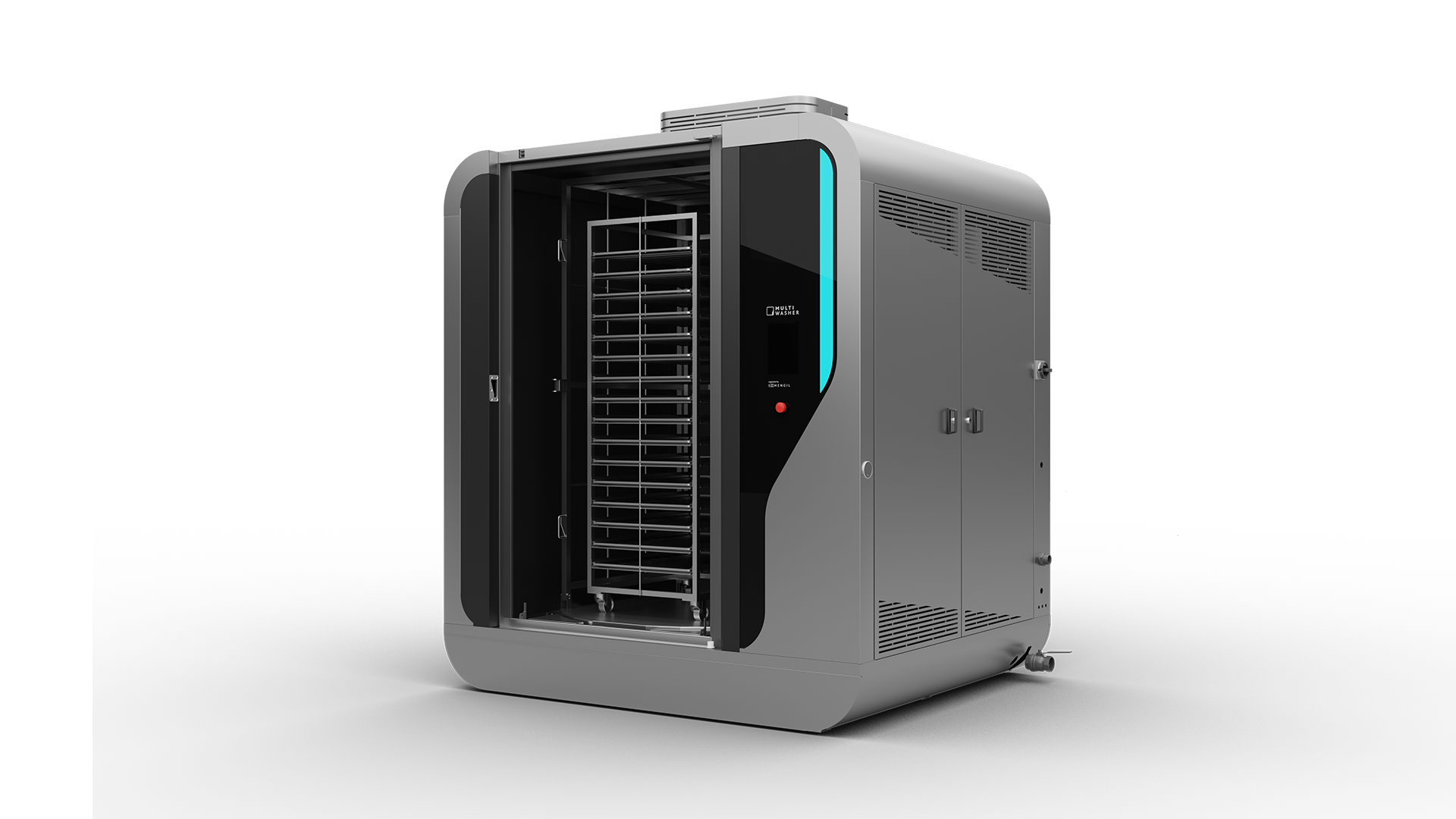
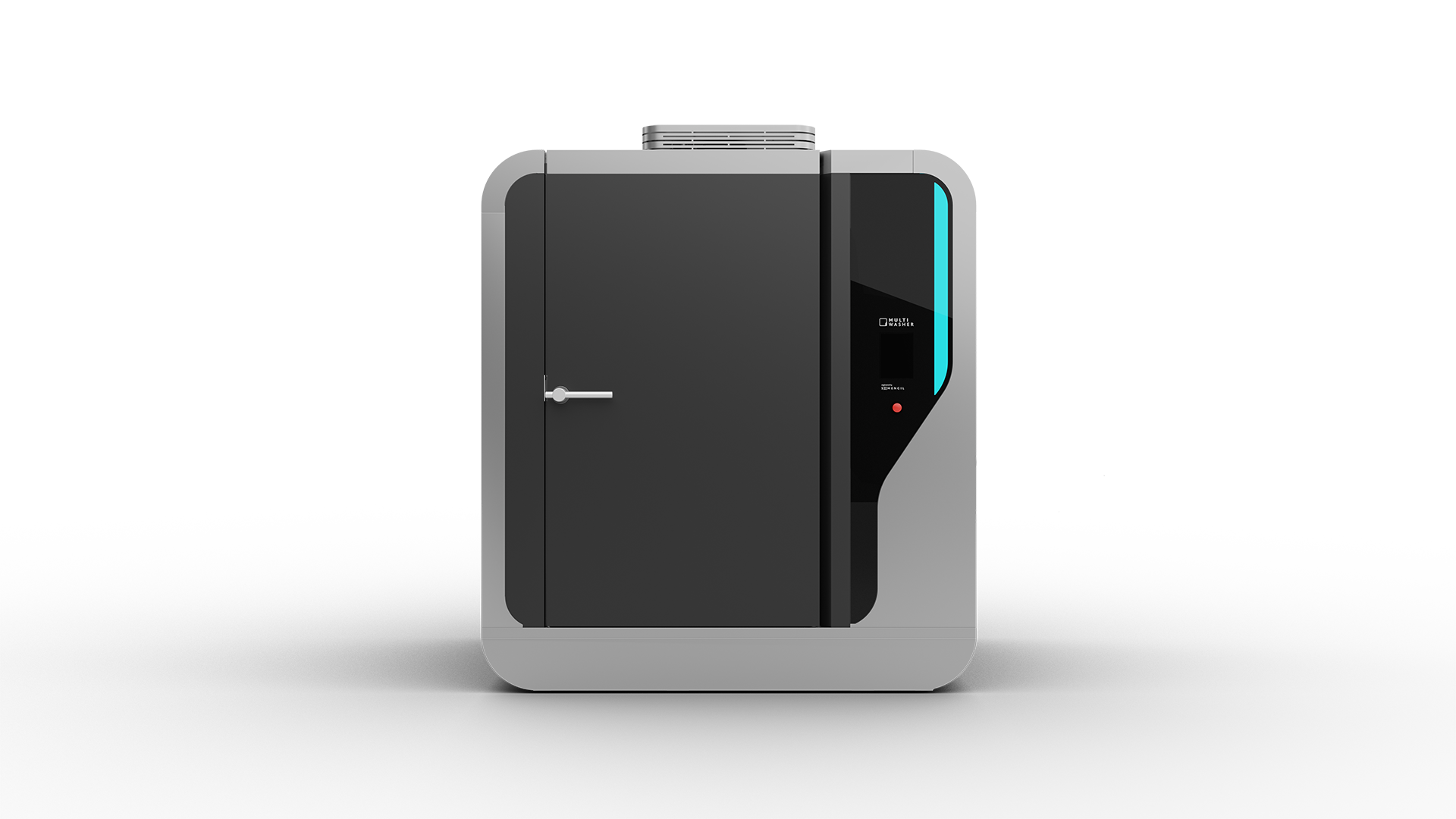

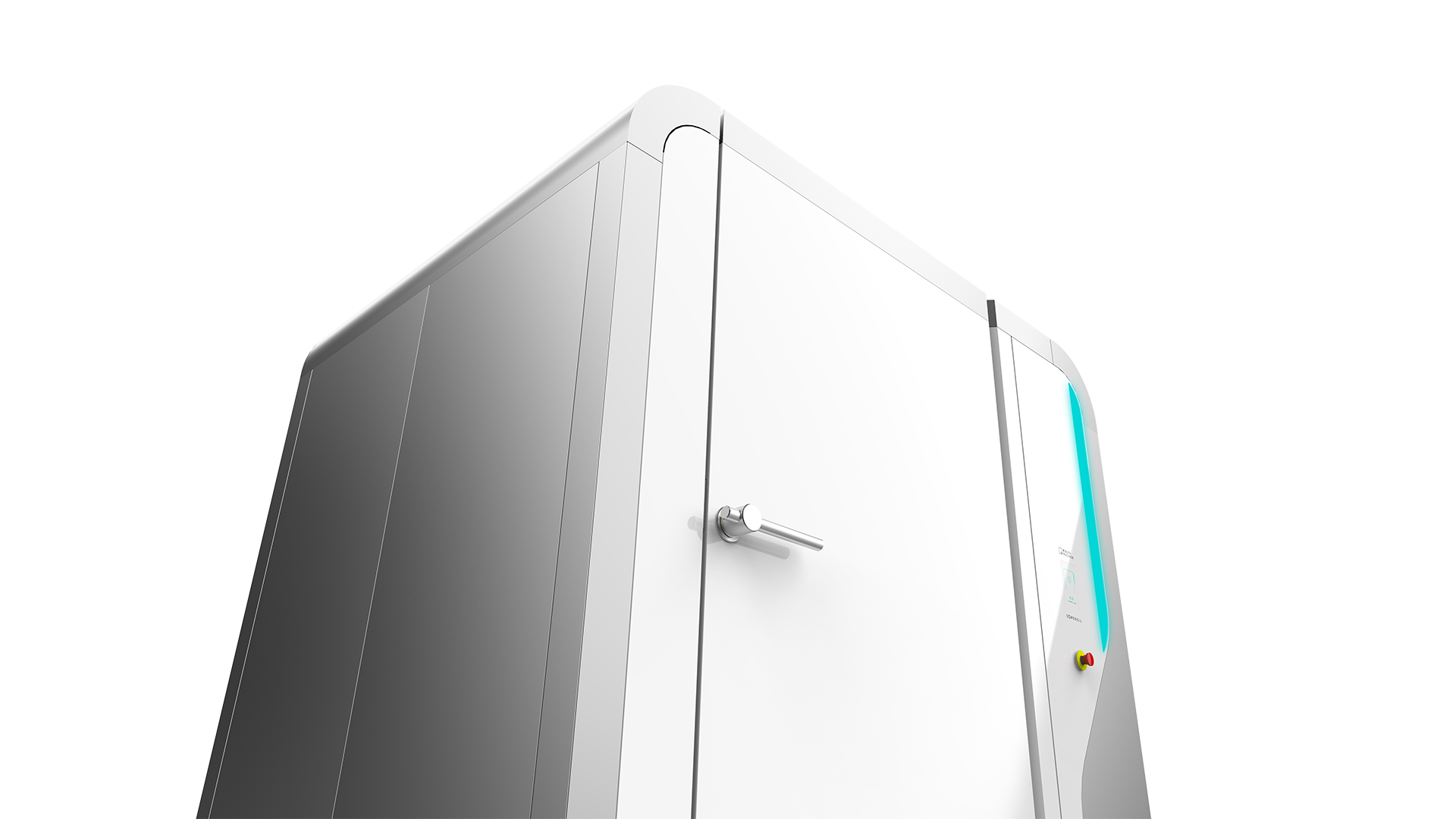
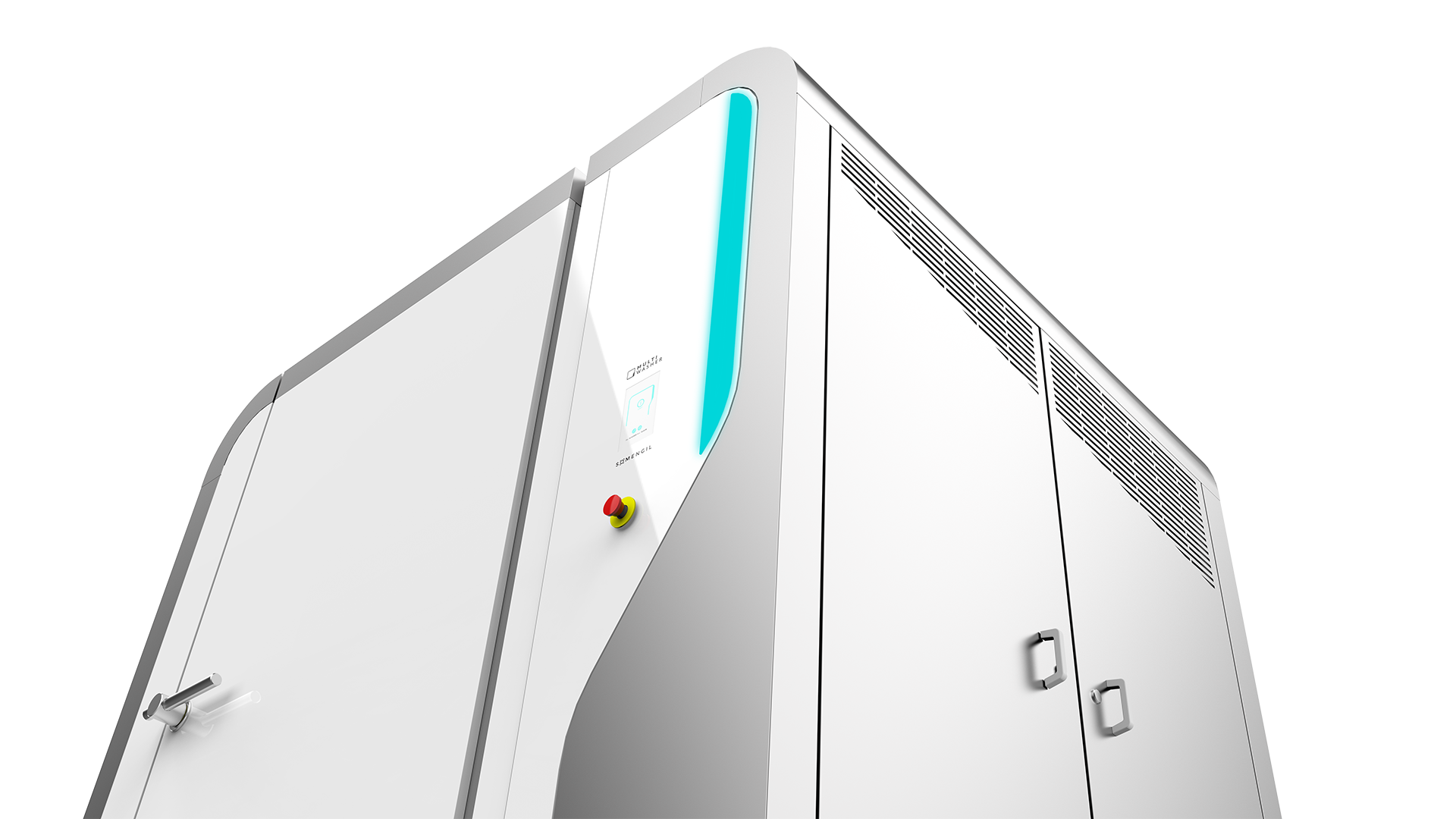
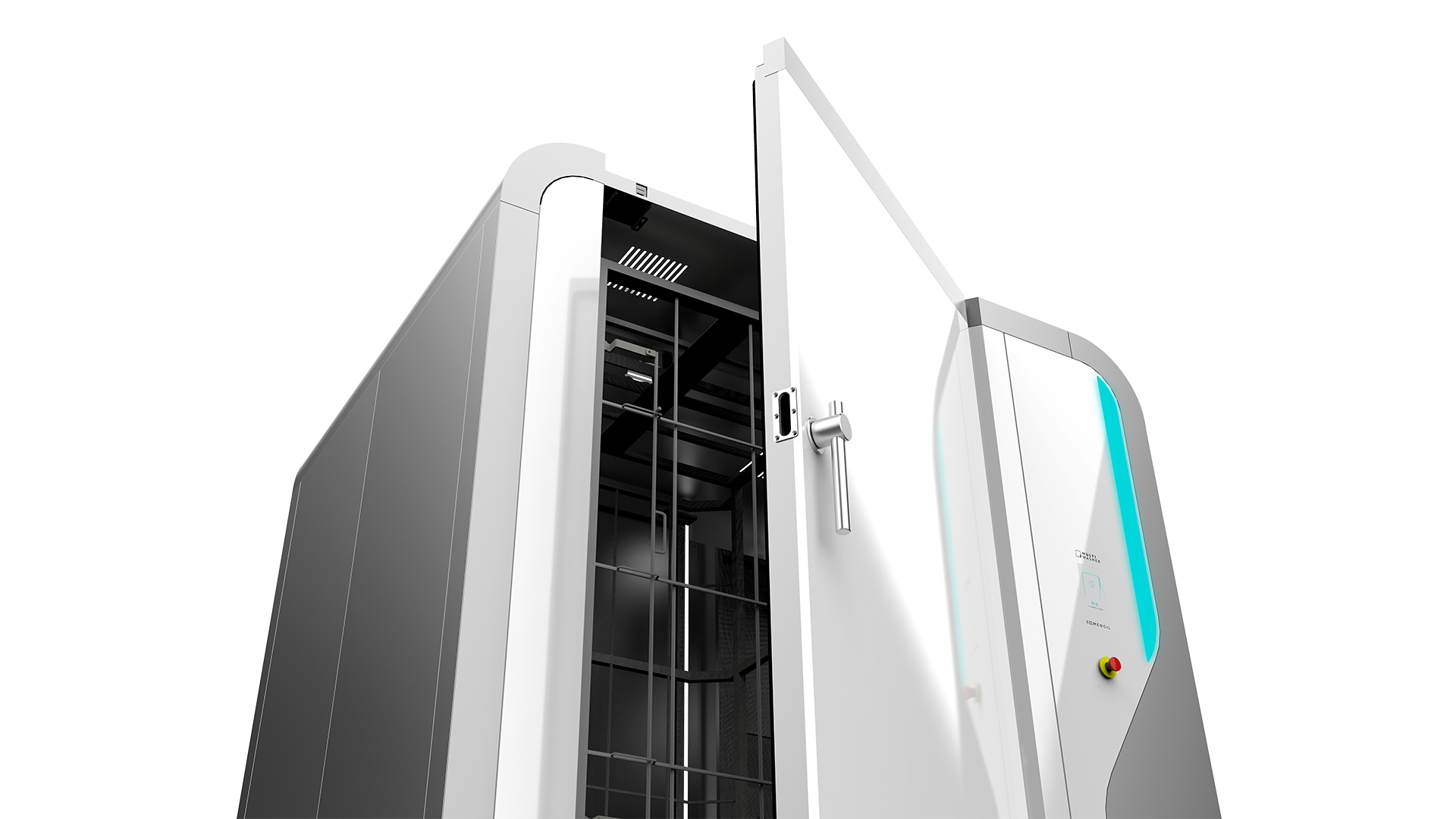
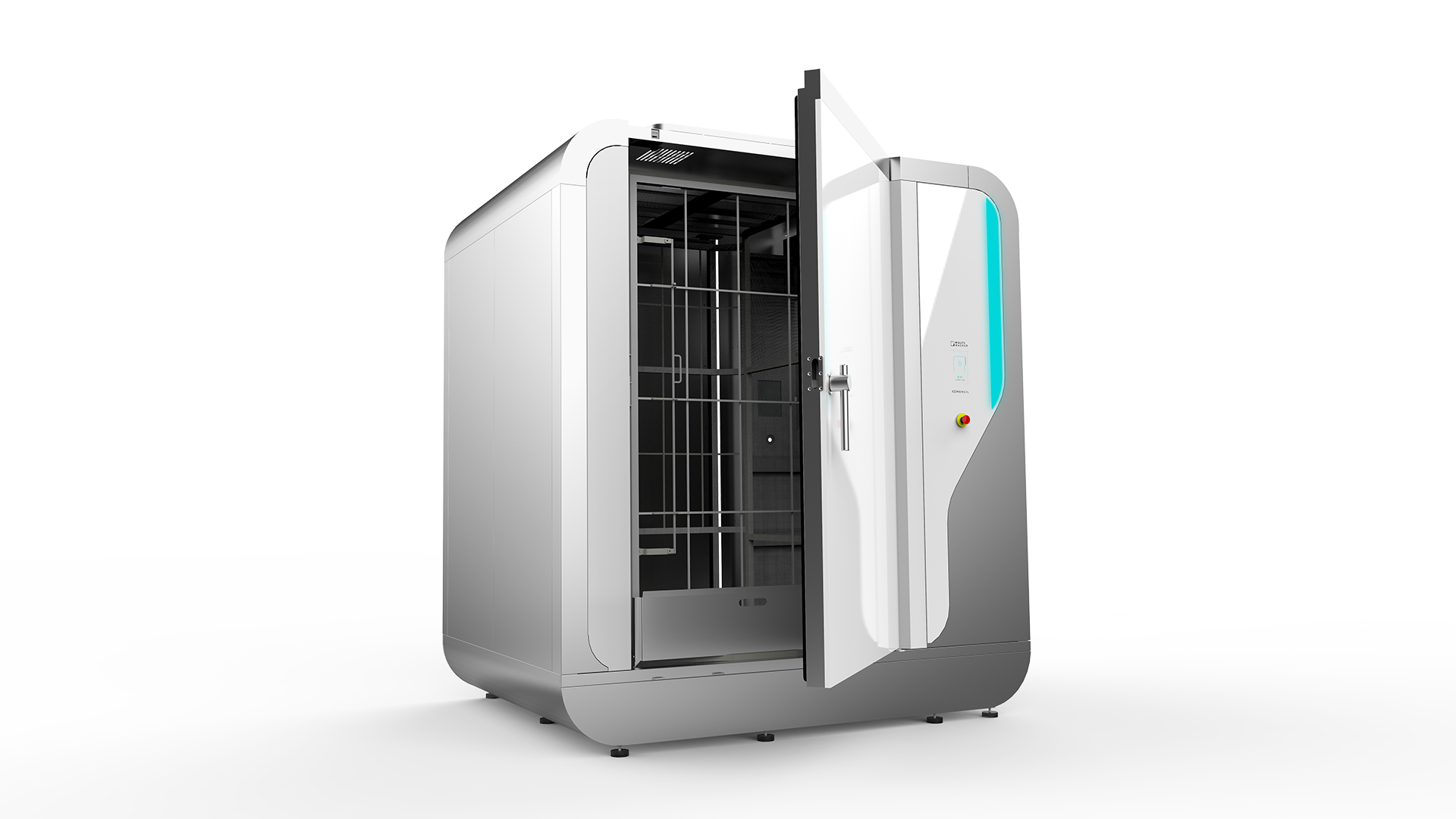
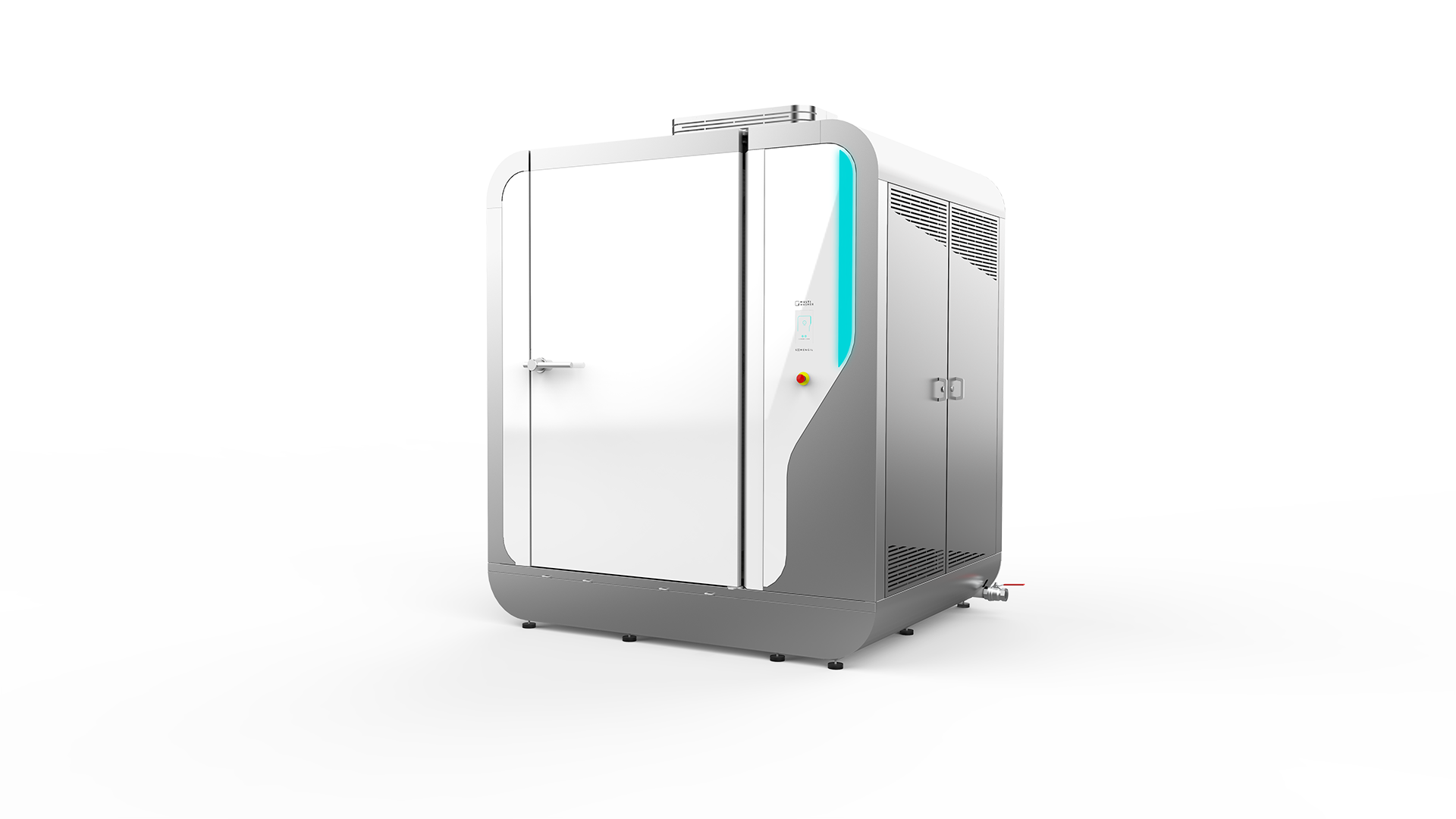
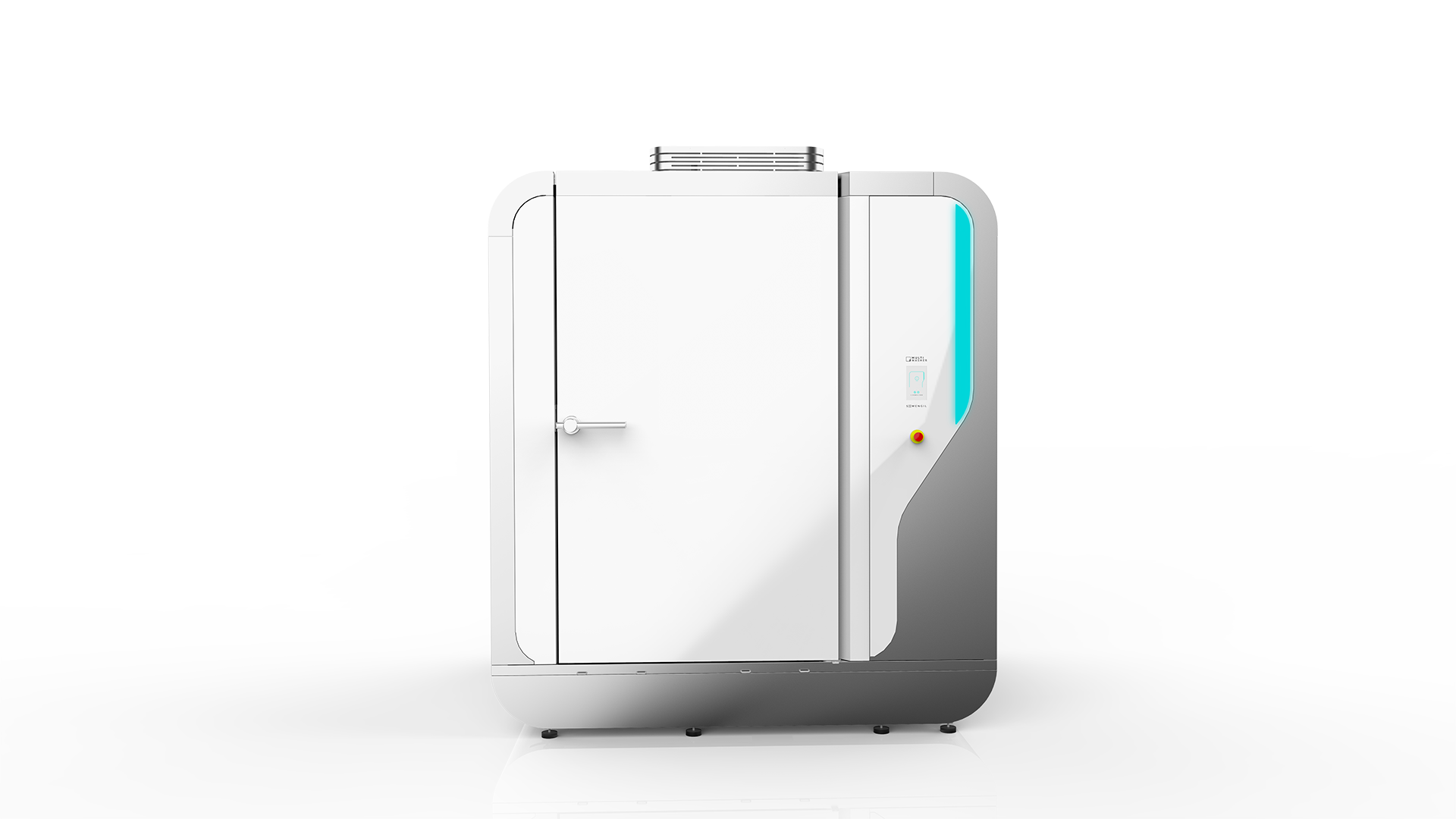
 Portugal
Portugal United Kingdom
United Kingdom United States
United States France
France Spain
Spain Germany
Germany Romania
Romania Italy
Italy Czech Republic
Czech Republic Finland
Finland Hungary
Hungary Slovakia
Slovakia Greece
Greece Lithuania
Lithuania South Korea
South Korea Russia
Russia Saudi Arabia
Saudi Arabia Poland
Poland Brasil
Brasil Hebrew
Hebrew